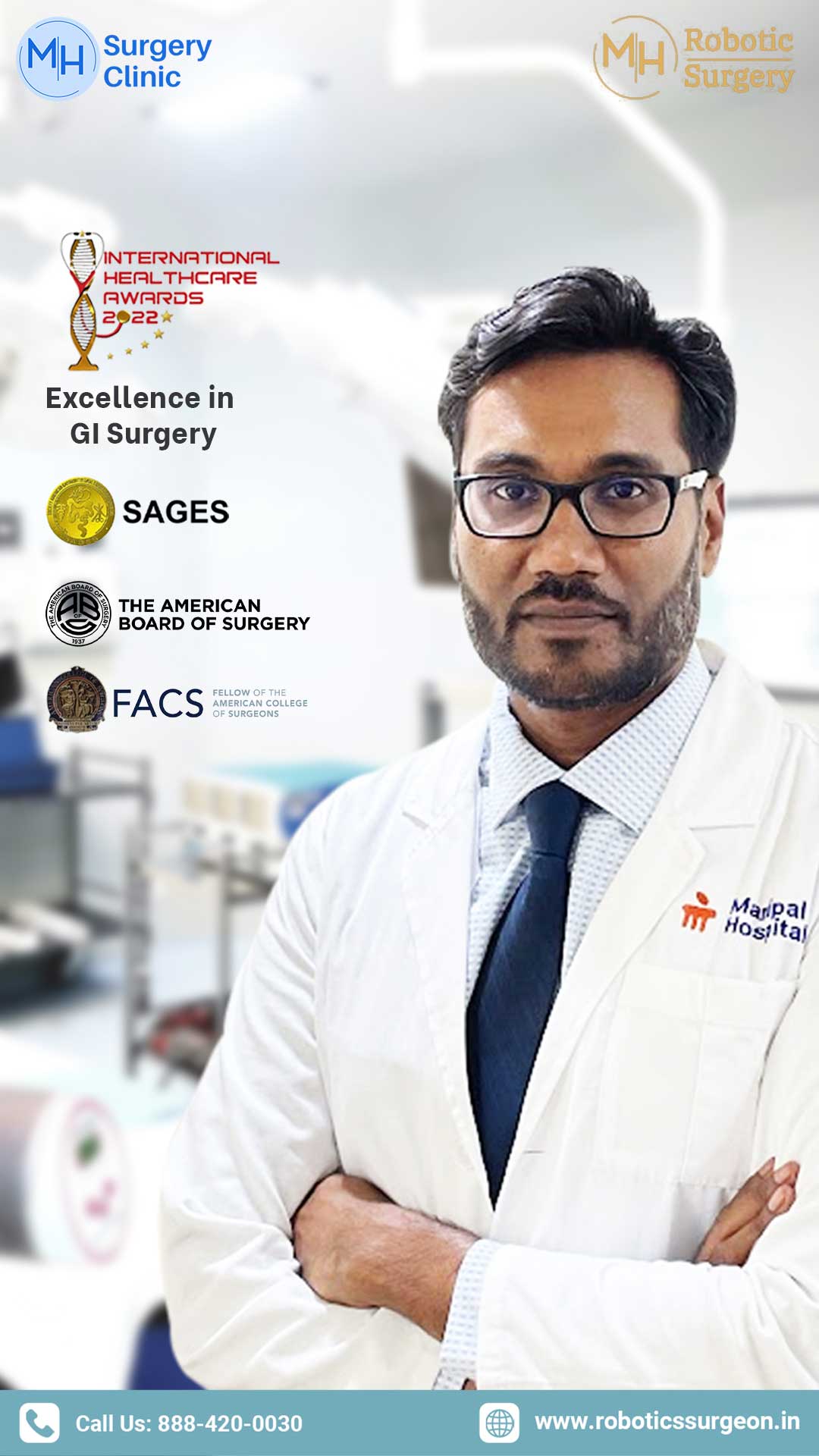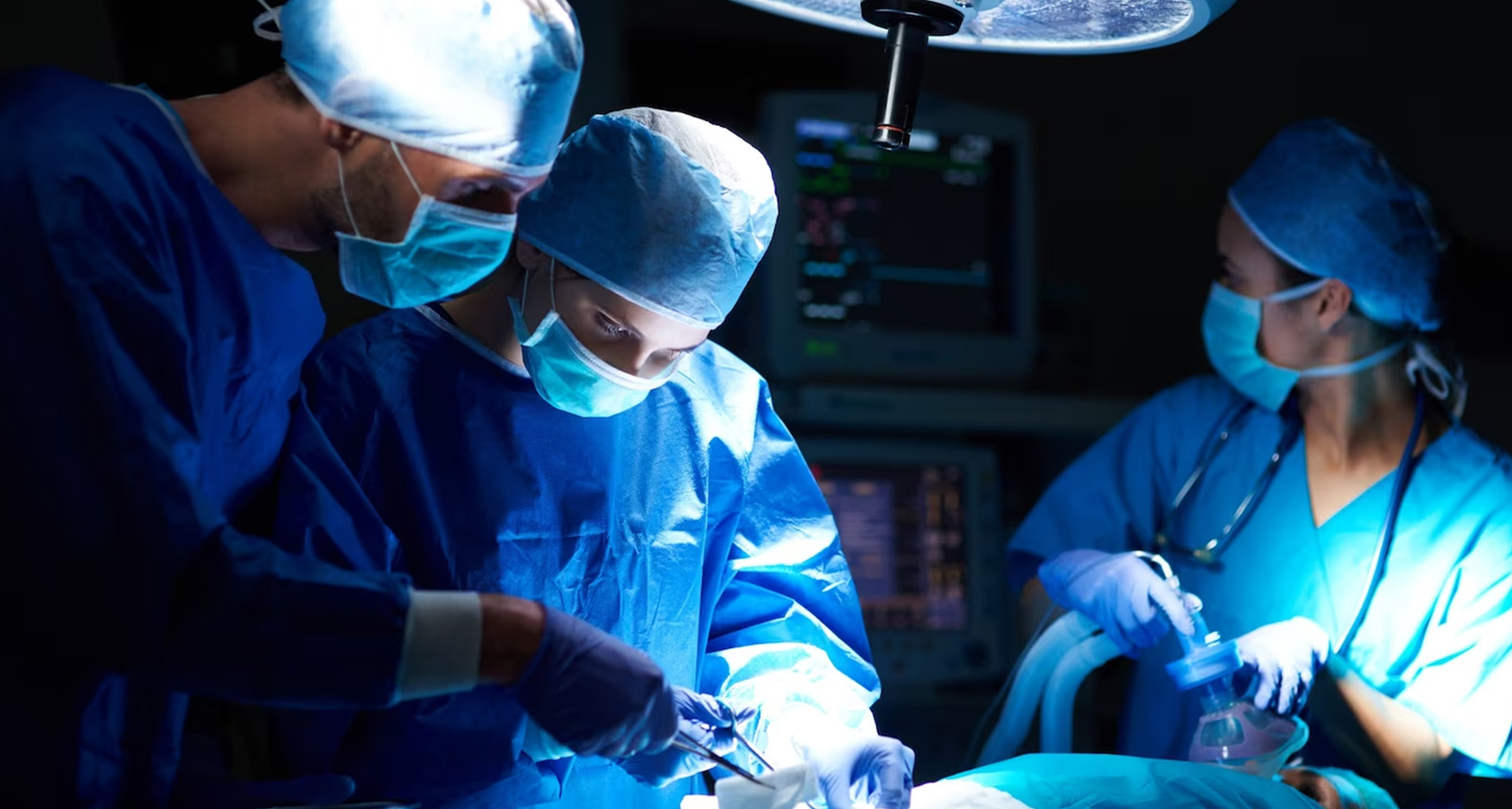
Robotic-Assisted Colon Surgery
Cutting-Edge Robotic Techniques for Optimal Colon Surgery
How long does robotic colon surgery typically take?
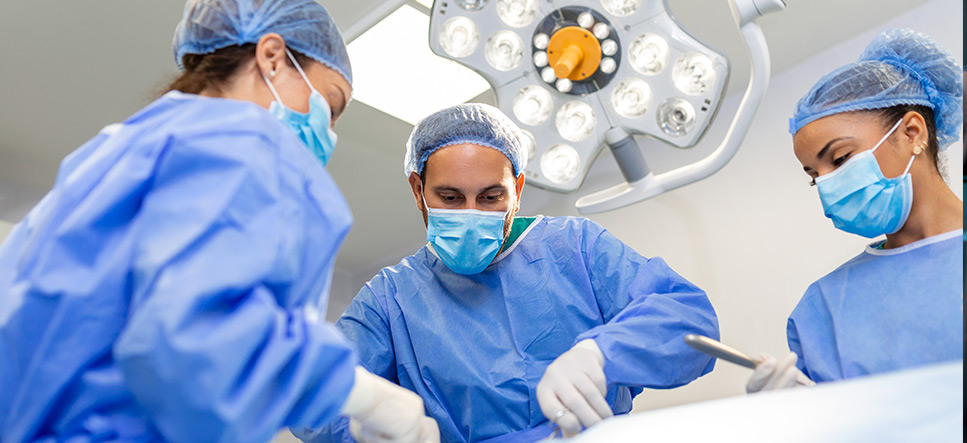
Are you thinking about having colon rectal surgery but are apprehensive about using conventional techniques? Well, we are here for you. Robotic colon surgery is the answer you have been looking for. We at MH Robotic Surgery Clinic are experts in state-of-the-art techniques that provide unmatched accuracy and patient satisfaction.
Approaching gastrointestinal procedures in a new way is made possible by colon rectal surgery. Our best doctor for colon cancer in India maneuvers with increased dexterity using cutting-edge technology, giving precise care with the least amount of invasiveness. Let’s examine what makes it unique:
- Treatment Precision: Treatment precision is crucial for sensitive conditions such as rectal polyps and rectal fistulas. With the enhanced vision and finesse of our robotic devices, surgeons can target damaged areas accurately while causing the least amount of damage to adjacent tissues.
- Minimally Invasive Approach: It uses smaller incisions than open surgery, which means less pain after surgery, fewer hospital stays, and quicker recovery. Patients have less discomfort and can get back to their regular routines sooner.
- Improved Patient Outcomes: It is vital to maximize results for patients having colon rectal surgery. Surgeons may negotiate intricate anatomy more easily with robotic assistance, which improves surgical outcomes and long-term prognoses.
- Personalized Care: We at MH Robotic Surgery Clinic recognize the individuality of every patient. Every case is handled individually by our medical professionals, who make sure that treatment programs are customized to meet the needs and preferences of every patient.
- Innovative Technology: Our clinic uses state-of-the-art robotic systems that perfectly integrate with the expertise of our surgeons, taking advantage of the newest breakthroughs in medical technology. The foundation for immense patient care is created by this fusion of creativity and expertise.
The Fusion Of Expertise And Innovation In Robotic Colon Surgery
In terms of gastrointestinal healthcare, it is a paradigm shift that gives patients a more secure and efficient option than more conventional methods. Dr. Manjunath Haridas is the best doctor for colon cancer in India, dedicated to providing compassionate treatment and excellent results at every turn.
Join us as we explore the future of robotic colon surgery. Make an appointment for a consultation to learn how the field of gastrointestinal care is being transformed by robotic technology. This is where your path to optimum health begins.
Read Also: Inguinal Hernia Repair, Robotic Gallbladder Removal
We are making robotic surgery a new standard of care

Patient-Centered Care
Prioritize patient safety and well-being in the development and implementation of robotic care. Involve patients in the decision-making process, provide clear information, and address their concerns and preferences. Conduct rigorous clinical trials and studies.
Interdisciplinary Teams
A multidisciplinary team of experts, including clinicians, roboticists, engineers, data scientists, and healthcare administrators, to collaborate on this initiative. Encourage open communication and collaboration which leads to better patient outcomes.
Cost-Effectiveness
Assess the cost-effectiveness of robotic care and explore ways to make it more accessible to a broader range of patients. Collaborate with healthcare payers and providers to ensure reimbursement for robotic procedures.
Education and Training
Develop comprehensive training programs for healthcare providers, ensuring that they have the necessary skills and knowledge to use robotic systems effectively. Offer ongoing education and certification and update on the latest advancements.What to expect with robotic-assisted surgery
If you or someone you know is scheduled for robotic-assisted surgery, it’s natural to have questions about what to expect before, during, and after the procedure. Robotic surgery is a transformative medical technology that has revolutionized the field of surgery by enhancing the capabilities of surgeons and improving patient outcomes. Here’s an overview of what you can typically anticipate when undergoing robotic-assisted surgery:
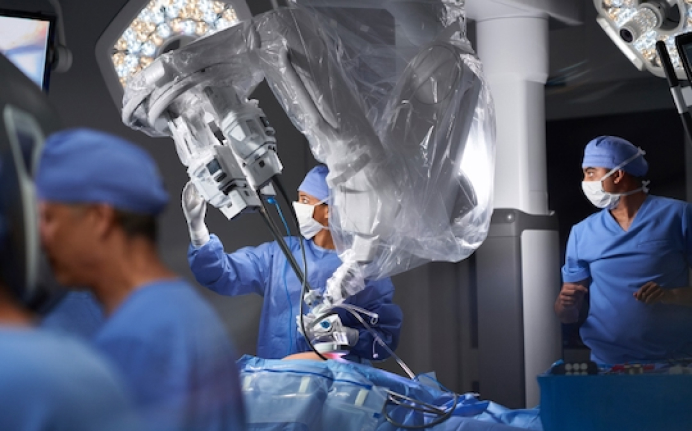
Before the Surgery
Consultation: You will have one or more consultations with your surgeon to discuss your medical condition, the surgical procedure, whether robotic-assisted surgery is the right option for you and any alternatives if there are any.
Preoperative Evaluation: Before the surgery, you may need to undergo several tests and evaluations to ensure you are a suitable candidate. This may include blood tests, imaging scans, and a review of your medical history.
Preparation: Your surgeon and healthcare team will provide specific instructions about how to prepare for the surgery. This may involve fasting for a certain period, discontinuing certain medications, and taking a shower with a special soap to reduce the risk of infection.
During the Surgery
Anesthesia: You will be given anesthesia to keep you pain-free and asleep during the surgery. The type of anesthesia (general or local) will depend on the specific procedure and your medical condition.
Operating Room Setup: In the operating room, the surgical team will position you on the operating table and prepare the surgical area. The robotic system will be set up, and your surgeon will be seated at the console.
Robotic Assistance: Your surgeon will control the robotic arms and instruments from the console. The robotic system provides enhanced precision and dexterity during the surgery.
After the Surgery
Recovery Room: After the surgery, you will be taken to a recovery area where you’ll gradually wake up from anesthesia. A nurse will monitor your condition closely.
Pain Management: You may experience some pain or discomfort after surgery. Your healthcare team will provide pain management medications as needed.
Hospital Stay: The length of your hospital stay will vary depending on the type of surgery and your individual recovery progress. Many robotic-assisted surgeries result in shorter hospital stays compared to traditional open surgery.
Why choose Robotic Surgery
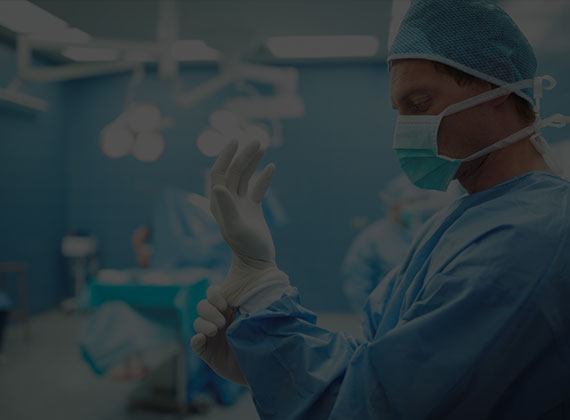
Enhanced Vision
The robotic system delivers 3D high-definition views, giving your surgeon a crystal clear view of the surgical area that is magnified 10 times to what the human eye sees. This helps the surgeon perform surgery with greater accuracy and smoothness.
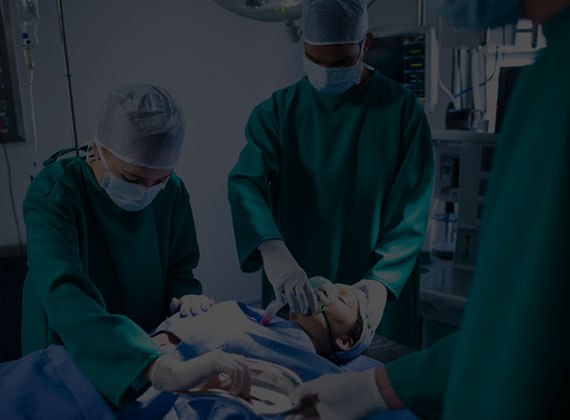
Precise movements
Robotic systems provide high precision and delicate motor control, lowering the possibility of human error. Surgeons utilize tiny devices that mimic human hands. Built-in tremor-filtration technology helps in smooth and precise movements.
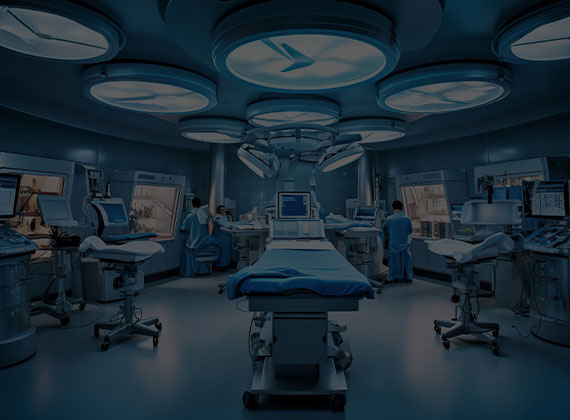
Minimal Blood loss
Robotic surgery is minimally invasive, meaning it involves small incisions wiith minimal tissue damage resulting in less pain, and reduced scarring. Less blood means results in faster healing, less time in hospital and return to life sooner than expected.
What to expect with robotic-assisted surgery
FAQs
Like other surgeries done through the robot, robotic surgery for colon cancer will take between three to five hours depending on the extent of the colon rectal surgery.
Robotic colon surgery recovery time depends on the general health of the patient and the intensity of the surgery and this will probably take about two to four weeks.
Preoperation requirements such as enema and fasting are normally required before a colon-rectal surgery. It is therefore encouraged that you seek the services of the best doctor for colon cancer in India.
After robotic colon surgery, the chances of the formation of scars are reduced due to the small incision size as compared to the colon-rectal traditional surgery types.
When you are going for follow-up visits after robotic colon surgery has been done, the doctor will closely examine you, look for signs of complications regarding the robotic surgery for colon cancer, and see to it that recovery from the surgery is going well.
Today, most colorectal surgeries of the colon and rectum can be performed in a minimally invasive manner that can include either laparoscopic or robotic-assisted surgery, usually with da Vinci technology. In both methods, small incisions are made in the abdomen through which surgical instruments and the camera for visualization are passed.
